Property Geek
We provide the actual and accurate information with unbiased user driven reviews to our viewers, to help them see the best and find the best!
View posts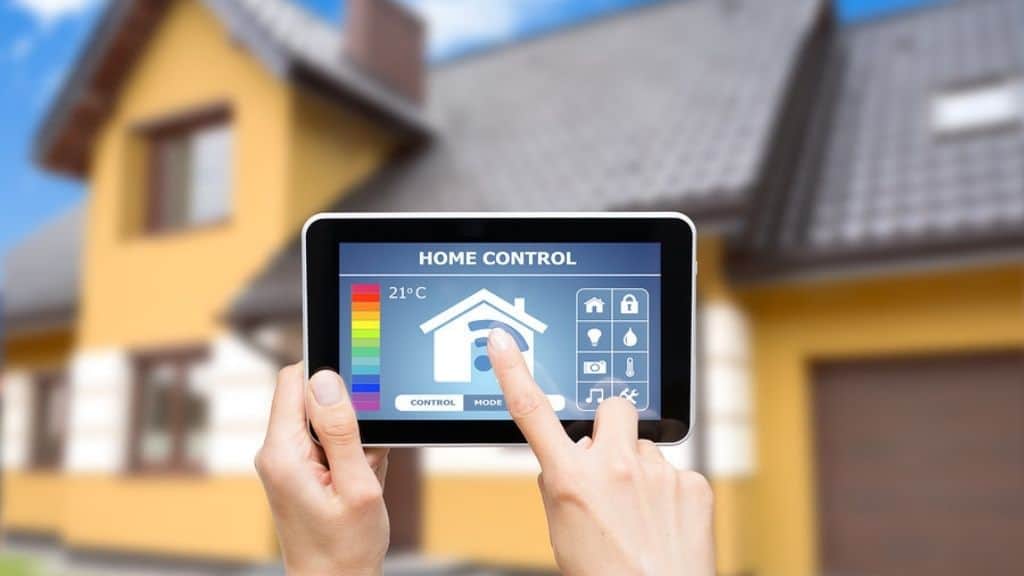
In an era where safety is paramount, protecting your home and loved ones should be a top priority. Home security systems have evolved significantly, offering smarter, more efficient ways to ensure safety. In India, the demand for advanced home security systems has surged, driven by urbanization, technological advancements, and increasing safety concerns.
From home security alarm systems to advanced door locks, the options are abundant and cater to diverse needs. This guide dives deep into why you should invest in these systems, the top 10 options available in India, and how they transform your home into a haven of safety.
The world has changed, and so have safety challenges. Traditional locks and measures are no longer sufficient. Here’s why smart home security systems in India have become indispensable:
Securing your home in today’s world requires more than just a sturdy lock. Modern threats demand innovative home security solutions that combine technology, convenience, and reliability. Below are detailed and practical options to consider for safeguarding your home:
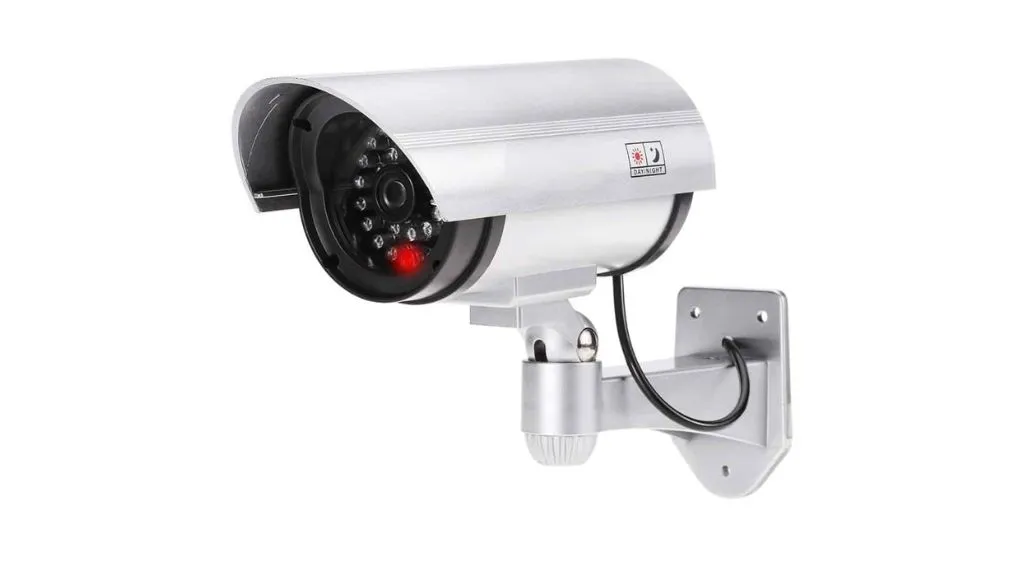
What they are: These devices provide live video feeds of your property, accessible through mobile apps.
How they work: Equipped with features like motion detection, night vision, and two-way communication, smart cameras offer a full view of your home.
Why they’re effective:
Best for: General monitoring, outdoor spaces, and blind spots.
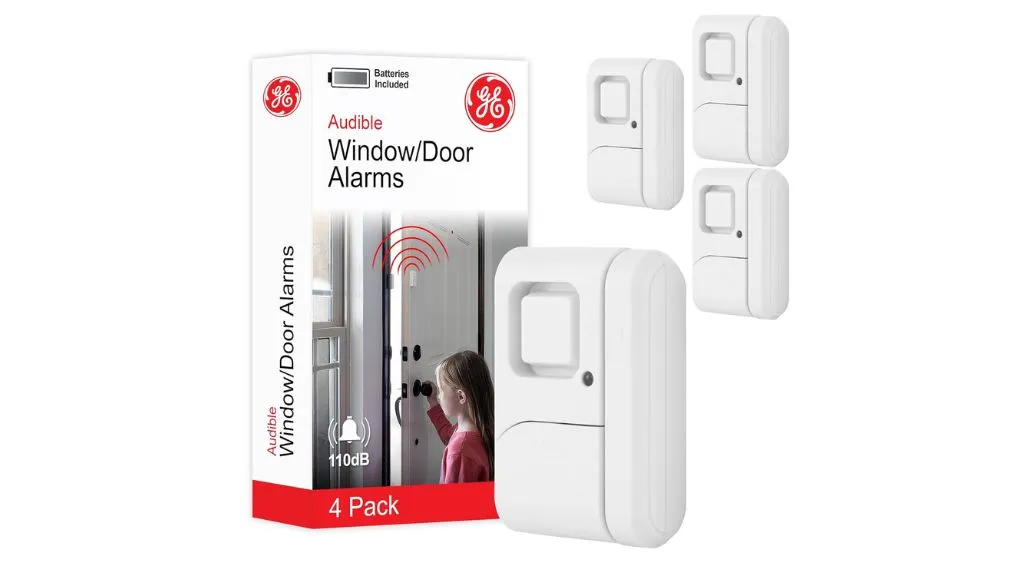
What they are: These are the home automated systems that sound an alarm or send alerts when a breach is detected.
How they work: Sensors placed on doors, windows, or motion-activated areas detect unauthorized access or break-ins.
Why they’re effective:
Best for: Large properties and homes in high-risk areas.
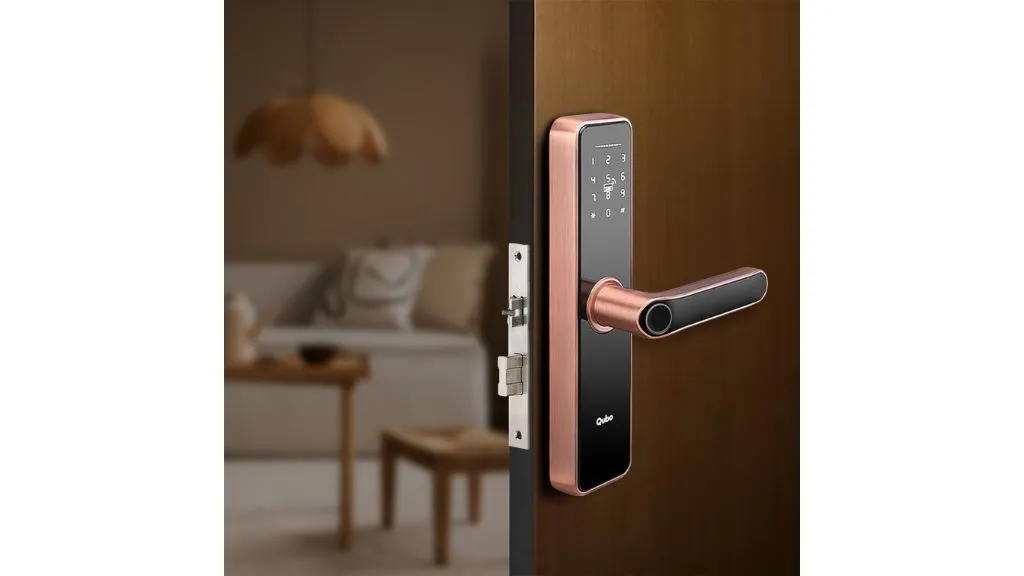
What they are: These door security systems replace traditional locks with keyless options controlled via apps, keycards, or biometrics.
How they work: Users can unlock doors using PINs, fingerprints, or smartphones.
Why they’re effective:
Best for: Families and shared accommodations.
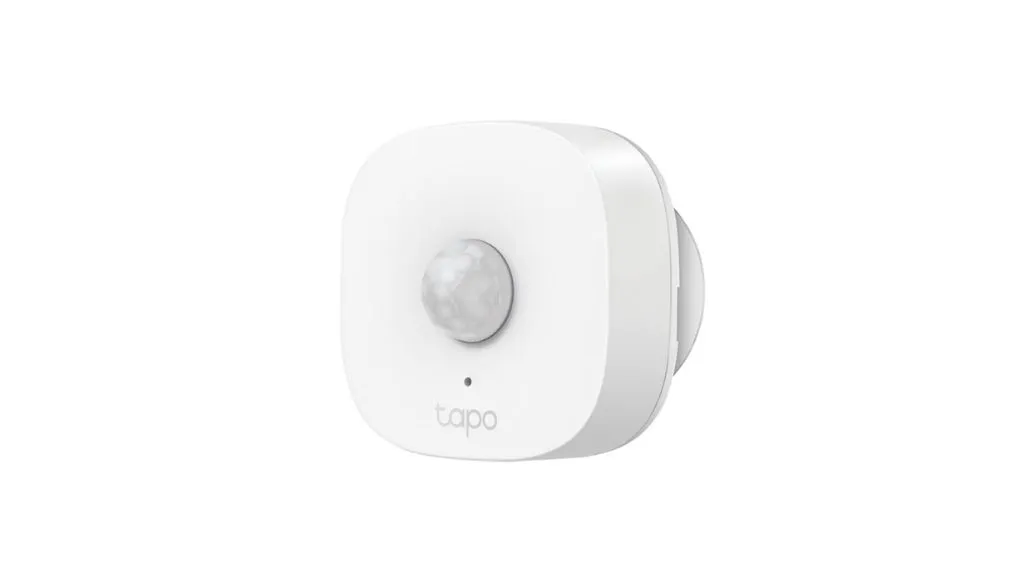
What they are: Devices that detect unusual movement or tampering.
How they work: Infrared or laser technology identifies movements in sensitive areas.
Why they’re effective:
Best for: Basement windows, backyards, and hidden corners.
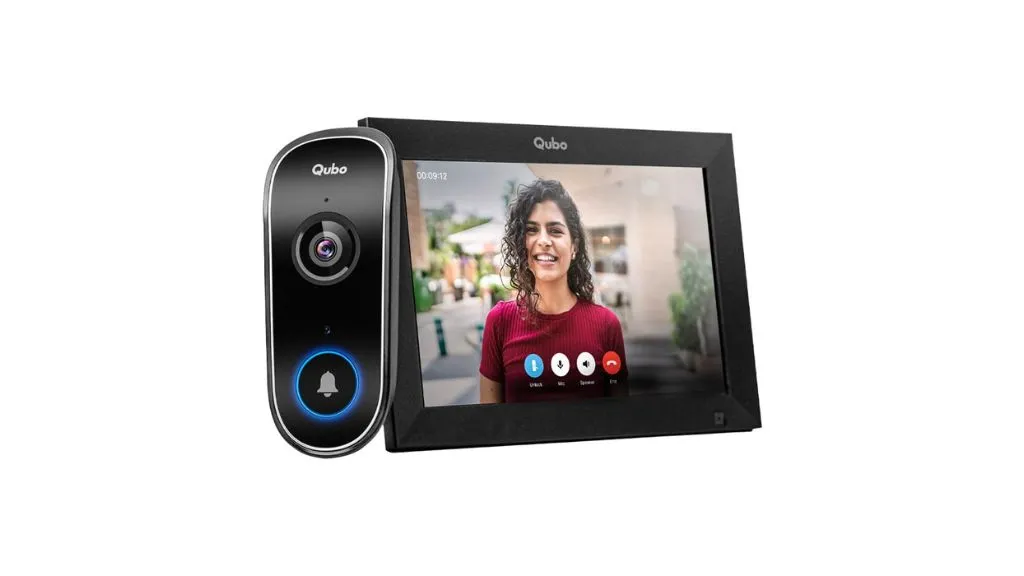
What they are: Doorbells integrated with cameras and intercom systems.
How they work: When someone rings the doorbell, a live feed is sent to your phone, letting you see and talk to the visitor.
Why they’re effective:
Best for: Apartment entrances and family homes.
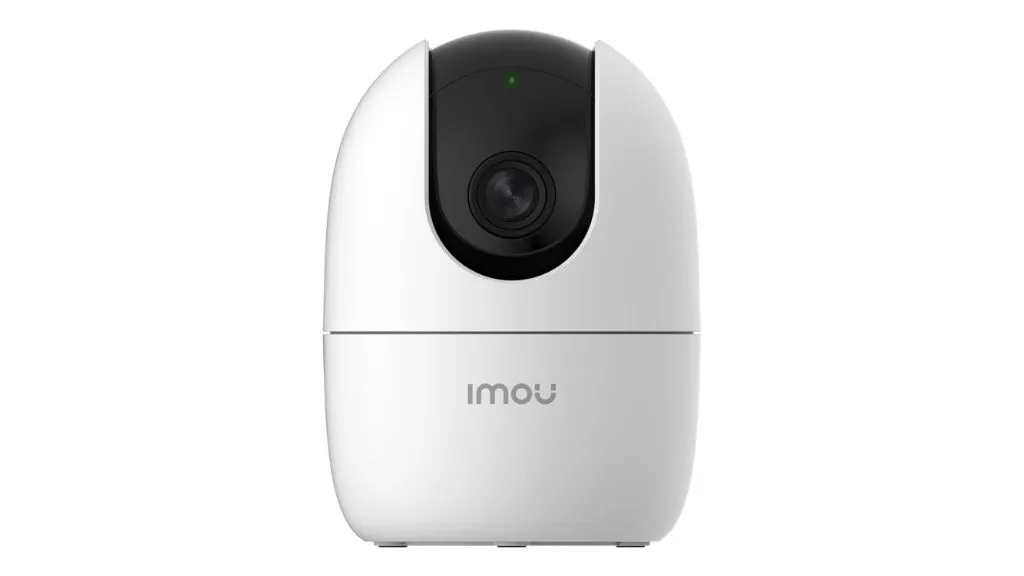
What they are: Comprehensive systems combining cameras, alarms, motion detectors, and more into a single network.
How they work: Managed through a central hub or app, these systems allow users to control multiple devices simultaneously.
Why they’re effective:
Best for: Tech-savvy homeowners seeking holistic protection.
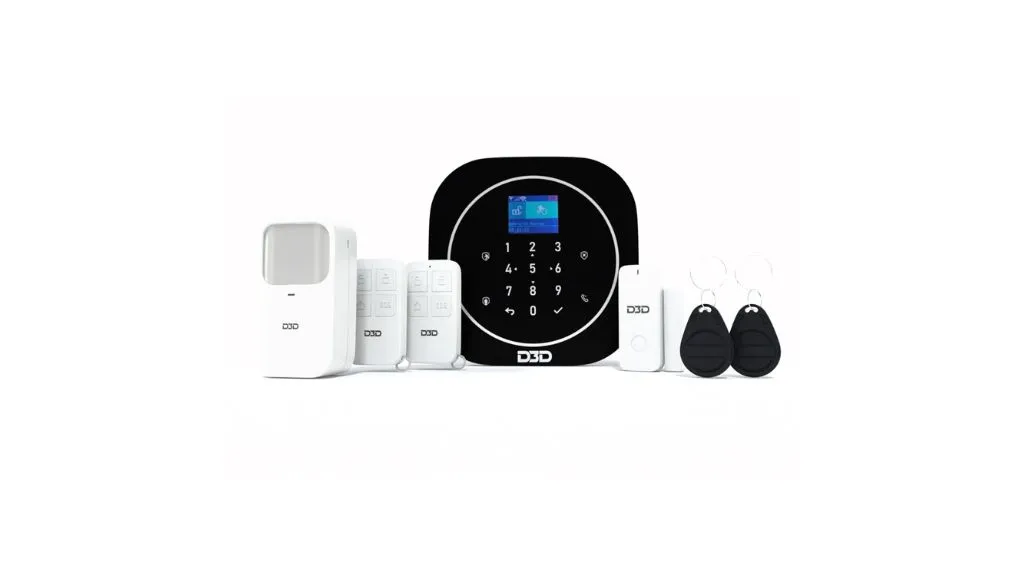
What they are: Systems designed to monitor the outer boundaries of your property.
How they work: Sensors, laser beams, or fences detect breaches and trigger alarms.
Why they’re effective:
Best for: Large estates or standalone homes.
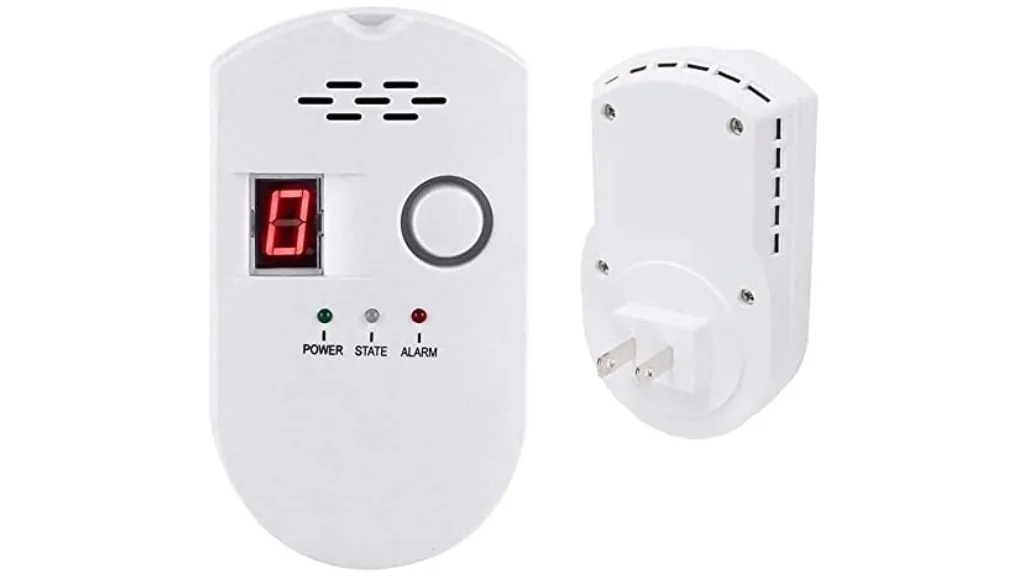
What they are: Devices that monitor air quality and alert you to dangerous changes.
How they work: Sensors detect smoke, heat, or gas leaks and immediately sound alarms.
Why they’re effective:
Best for: Kitchens and areas with gas pipelines or electrical equipment.
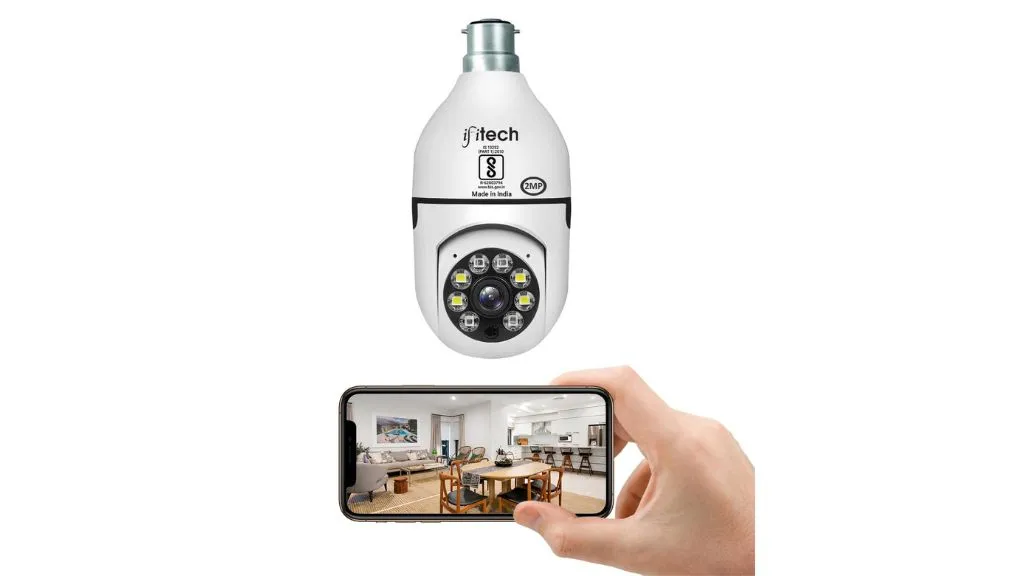
What they are: Paid services that oversee your home security system India 24/7.
How they work: A dedicated team monitors your devices and contacts emergency responders during incidents.
Why they’re effective:
Best for: High-risk homes and busy homeowners.
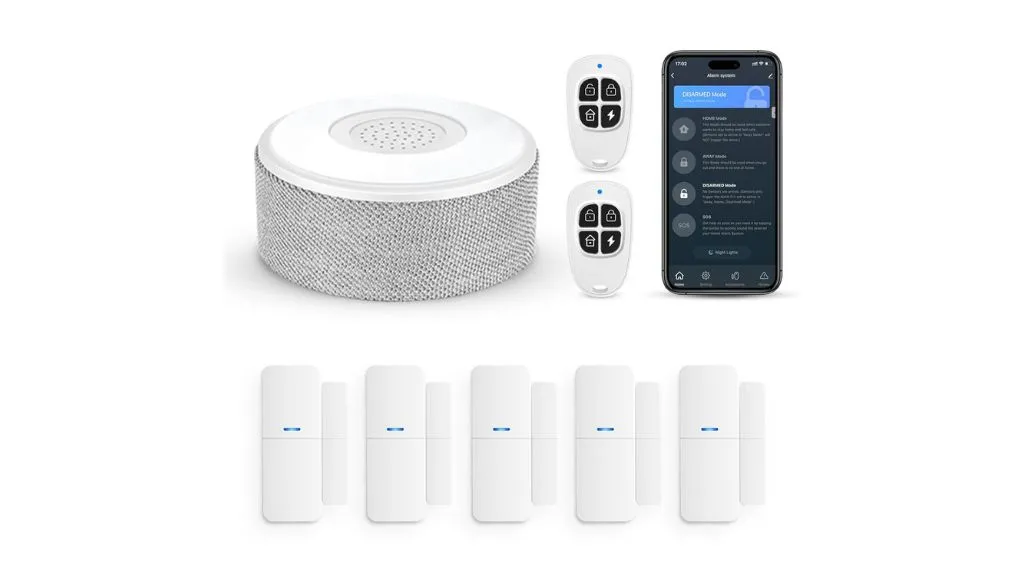
What they are: Ready-to-install home security items that don’t require professional assistance.
How they work: These kits typically include wireless cameras, alarms, and basic motion detectors.
Why they’re effective:
Best for: Budget-conscious homeowners or temporary residences.
Investing in advanced home security systems not only protects your home but also enhances your quality of life in several impactful ways:
Modern home safety devices such as smart cameras, motion detectors, and advanced alarms significantly reduce security risks. These systems deter potential intruders with visible surveillance and automated alerts, ensuring your family and belongings remain safe.
Gone are the days of worrying about whether you locked the door. With smart locks and integrated door security systems, you can control access to your home remotely. Manage cameras, alarms, and other home security devices effortlessly using your smartphone, even when you’re miles away.
24/7 monitoring and real-time alerts provided by advanced home security solutions let you stay connected to your home’s safety. Whether you’re on vacation or at work, knowing you’ll be notified instantly of any unusual activity ensures unparalleled peace of mind.
Today’s home security items are designed to work seamlessly with smart home systems. For instance, connecting your security cameras to a voice assistant or integrating alarms with automated lighting can streamline your daily routine and add convenience to your lifestyle.
Homes equipped with high-tech home security systems in India are more appealing to potential buyers. Smart security features are considered a premium addition, enhancing the value of your property in the real estate market.
By incorporating these innovative home security alarm systems, you not only safeguard your home but also elevate your living standards, making your home smarter, safer, and more efficient.
For most home security systems, the components can easily connect to a base station. After this, they connect to a mobile app that allows the user to monitor and control things remotely. Major security systems mostly use Wi-Fi, Bluetooth, or cellular to connect with the user’s phones while other systems choose a battery backup or landline phone in case of power outages.
The home security alarm system should be armed outside and disarmed when home by simply inputting the password or by voice command or the key fob, or an app. When disarmed, the sensors and the camera stop automatically, however, the smoke and carbon monoxide sensors remain on irrespective of whether the security system is armed or not.
Here is how the home security systems work:
The sensors communicate with the base station and send out messages to the mobile application. Also, depending upon the system, the phone settings, and the app, the user can also receive email notifications, app notifications,s or text notifications. From there, the users can also live stream the footage of the whereabouts or use the camera’s two-way audio to communicate. In case there is an intrusion, they can also call the police.
What happens if you fail to see the notification?
Depending upon the choice of the system there are companies who offer 24/7 monitoring systems as well. Here, in case the alarms go off, the professional monitoring team receives a notification and as the emergency is verified, the call to the emergency services is made.
Investing in the right home security system in India is a step toward ensuring the safety of your loved ones and belongings. With options ranging from smart cameras to comprehensive home security alarm systems, there’s a solution for every need and budget.
Now that we understand what a home security system is and how it functions in keeping us safe and alert, let’s now indulge in the highlights and drawbacks of these.
Pros
Cons